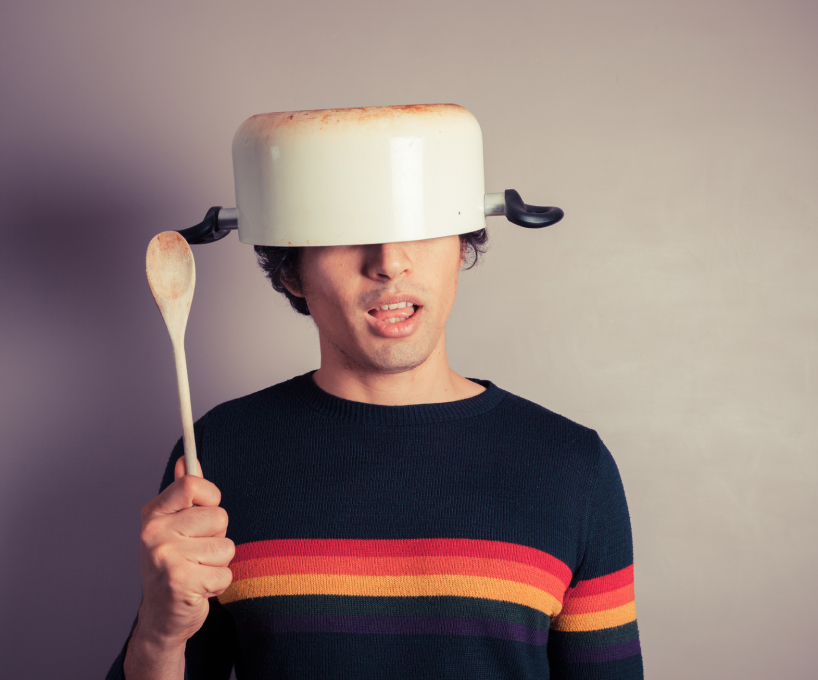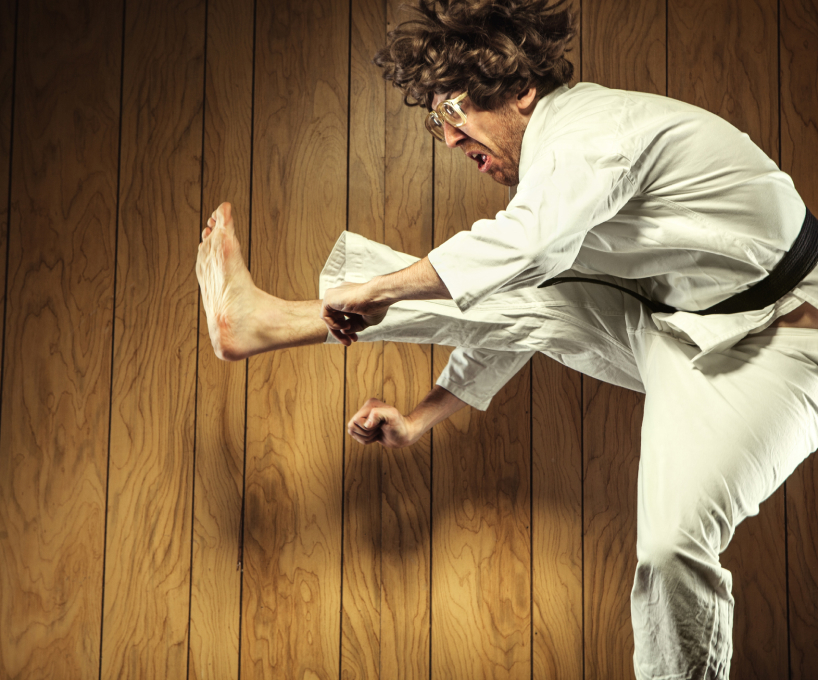
Keep Your Head in the Game: Why Mindset is Poker’s Real Winning Hand
When it comes to poker, is it mind over matter and does mindset matter? (Now say that three times.)
...How To Play Poker

Poker can be a daunting game to play when you first start, keeping track of all the different hand rankings, strategies and rules can feel like an impossible task. The learning curve is exceptionally high; every mistake at the table costs chips, and one wrong move can cost you your entire chip stack.
Most beginner poker players have to go through a lot of trial and error to improve their skills. This process can take anywhere from a few days to a few weeks, depending on how frequently you play. However, there are ten mistakes that all nearly all beginners will make. Knowing what they are and how to avoid them will speed up the learning process and improve your poker skills.
Beginners often feel like they need to be involved in the action at all times; this is the opposite of what you want to be doing. The mentality of “You’ve Got To Be In It To Win It” works great if you’re buying lottery tickets, but poker is a game of skill and patience, playing every hand will see your chip stack slowly bleed away until there is nothing left.
Learn to fold, knowing when to cut your losses is a crucial skill you need to learn immediately. Great Poker players will only be involved in a few hands, and they usually carefully select them based on the win/loss percentage. It might be hard to sit on the sidelines and watch, but ultimately, playing fewer hands will increase your chances of walking away from the table with your chip stack intact.
Chasing is when you stay in a round hoping the cards you need come out and improve your hand, this might involve waiting to make a pair or trying to make a straight or flush. Every beginner will do it at some point, sometimes it works, and the right card appears, but more often than not, it results in substantial losses.
Learn the poker card rankings and stick to making simple hands at first, pairs, maybe three of a kind. Generally, if you haven’t made a straight or a flush on the flop, and you’re still waiting for two or more cards, fold for now. Once you have a bit more experience and understand the odds and consequences of chasing, do whatever you want. You will get it wrong sometimes and waste chips on cards that rarely pay off, so don’t stress, learn from the mistake and move on.
Bluffing is a useful technique for winning pots when the cards aren't going your way. It involves deceiving other players into thinking you have a highly ranked hand. Used sparingly it can be a great way to stay in the game. However, beginners often fall into the trap of bluffing too much.
Don't bluff; it's that simple. For beginners; it's better to play the cards you are dealt competitively rather than trying to trick your way into big pots. Bluffing takes knowledge, lots of practice and should be avoided by newer players until you've spent more time playing.
After you've played a few games of poker, you'll start to hear terms like 'Pot Odds', and 'Variance', and you may even begin to research charts and other ways to map out poker percentages. As a beginner, it's a mistake to get too involved in anything except the basics. Poker is a complex game and taking on too much before you have a solid understanding will often result in getting overwhelmed, not only is this incredibly stressful, but your playing ability will suffer as a result.
Ignore everything but the fundamentals of poker until you have a solid understanding of the rules, hand rankings, and have spent some time at the tables.
Sometimes you play your hand perfectly, and you still lose, that's called getting a bad beat and it’s one of the few certainties in poker. Nobody likes to lose, especially when there are chips on the line. Getting emotional and taking losses personally is a mistake new players often make. Ironically, losing and letting emotion rule your decision making often results in more losses.
Knowing when your decision-making skills are corrupted is half the battle. If you feel yourself getting angry and reckless because of a loss, the best way to deal with this is to walk away from the game and live to fight another day. Poker requires a clear mind and logical thoughts.
Trying to figure out what cards your opponent has is a vitally important component in poker, but as a new player, it's easy to ignore this and only focus on your own cards. This is a mistake; figuring out what cards other people have is a skill that players develop over years of playing and it's crucial for beginners to establish this early.
Think about other players cards, not just your own. Knowing when other players have stronger cards could be the difference between winning and losing. There is no way to tell with 100% certainty what someone's cards are, but there are ways to make educated guesses by the way they play. Knowledge is power in poker and the more information you have about your opponents, the more you'll win.
Every player wants to win big, but playing in a high stakes game is ill-advised until you’ve spent at least a few months at the tables. It happens all the time; a beginner sits down at a table with a bunch of sharks and gets massacred. Most of the time, high-level games are full of people who have been playing for years and are out for blood, and your chips.
As a beginner, the best people you can play against are other new players. This will allow you to try new techniques, learn the card rankings and get away with things that won’t work on higher-level players. Playing high stakes can be very costly as well, it’s better to play in the lower tier games until you’ve got significant game time under your belt.
Knowing how much to put in the pot, and when, is a crucial skill to ensure success in poker. Beginners often wager at the extremes, too much or too little. A weak bet is a sure-fire way to have every player call, and an over bet will get the same result. You want to have as few other players in the hand as possible. If the pot is sitting at GC800 and you wager GC20, that is a weak bet and will most likely get a lot of re-raises. On the other end of the spectrum, if the pot is GC10 and you wager GC300, that would be a massive over bet.
Bet appropriately. Generally, if the betting is low, use the blinds as a measure and bet the big blind or anywhere up to four times the blind. Alternatively, bet the pot as a minimum and progressively increase from there. Ideally, you want to bet an amount that maximizes how much you can win.
Many beginners think that once they've folded, they don't need to watch the rest of the hand. Even after folding it's a good idea to pay attention, you can pick up tips, figure out how to play, look at other player's styles and gather information. The more you know about how other people play, the better your chance of beating them.
Watch the game, even when you're not in the hand, it's that simple.
Poker players can be like predators; they look for weaknesses, then they strike. Newer players often reveal their hand without even realizing; it might be a smile, a groan of disgust, either way, it’s often a fatal mistake to make during a game. Once your opponent can guess your hand with relative certainty, it’s all over.
Try not to talk too much, don't act nervous or excited regardless of what your cards are, and avoid making abrupt or slow moves. As a general rule, don’t react at all while you’re in a hand, no matter what happens.
Mistakes at the poker table can be very costly when you are a beginner, but rather than getting caught up in how many times you lose, see it all as an opportunity to learn. Every player makes mistakes; what separates a great player from a mediocre one is what they do with the error, learn from it or continue to do the same thing. Just remember, every expert was once a beginner, and the only thing that separates a beginner from an advanced player is time at the table.

When it comes to poker, is it mind over matter and does mindset matter? (Now say that three times.)
...How To Play Poker

Avoid these common poker mistakes and your bankroll (and ego) will thank you for it.
...How To Play Poker

Wanna know how to play loose and aggressive? Here’s your ticket to ride.
...How To Play Poker